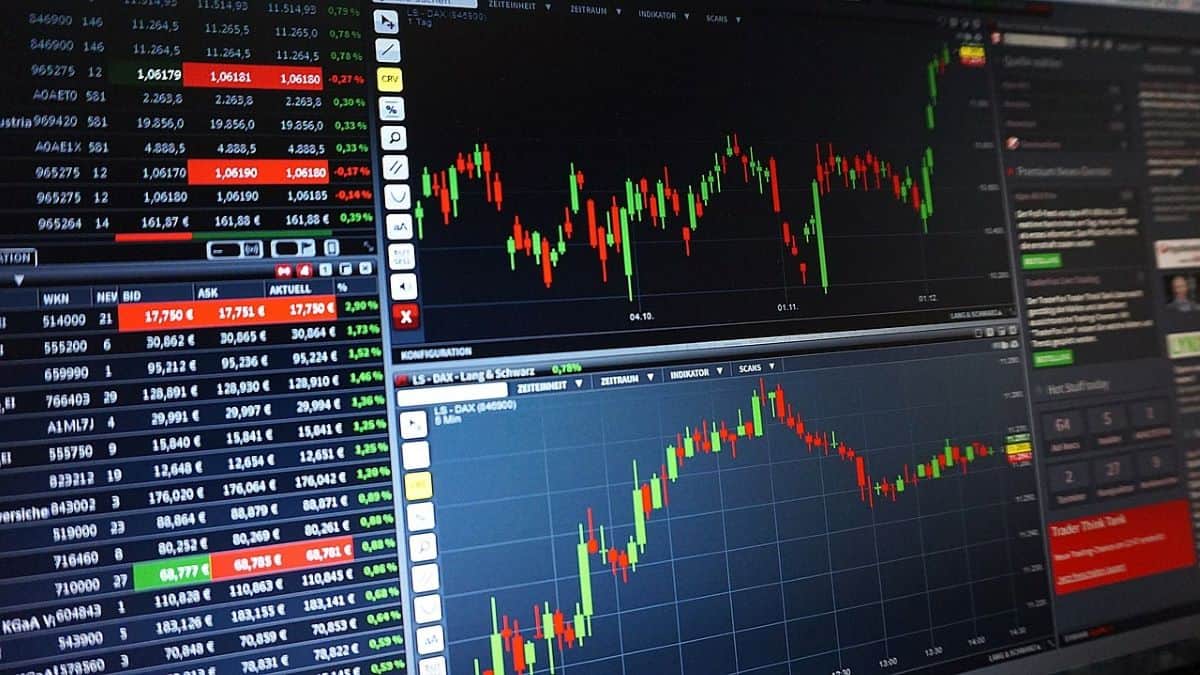Pros And Cons Of Forex CFD Trading

A contract for differing or CFD is a contract that binds a buyer to a seller. The seller demands that the buyer pay the difference of the asset’s current and contract value. It is a type of financial derivatives trading in which the cash settlement between open and closing trade price is made. This type of derivative trading is where the value of an underlying asset’s movement is used. CFDs allow traders the ability to trade price movements even though they do not actually own the underlying investment. CFDs in forex trading are agreements or contracts that allow you to exchange the difference between the currency pair’s closing price and its opening price. You will receive the difference between closing price or opening price of the CFD at the time that the contract is shut down. If the difference in price is positive, then the CFD company will pay you. Negative differences will result in you having to pay the CFD company.
CFD traders make a contract with their broker to trade CFDs. The broker acts as the seller while the buyer is the trader. Both agree to a contractual agreement, which speculates about the price of a currency pairing in market conditions. CFD traders may avoid some of the drawbacks of traditional trading by not holding the underlying currency pair. CFD trading must be understood before you can begin trading. CFD trading is different from other forms. Understanding these differences will help you trade more effectively. CFD trading accounts are created in a matter of minutes. After verifying your data, you will be able to fund your account.
Demo accounts can be opened to test your trading skills before you move into the live market. Create a trading strategy that’s well-researched. It should also be tailored to your goals. This should include information such as strategies, available capital diversification in markets, attitude towards risk, time commitment and other factors. Once you have done your homework thoroughly, you are ready and able to place a transaction. It is important to decide whether you are going to buy or sell. If you expect the value to drop or go below, you sell. If the value is likely to rise or go above, you buy. Once you take the position your profit or losses will reflect the underlying stock market price. You can track your open positions in the best cfd trading platform and also close them.
CFDs offer greater leverage than traditional trades. CFDs can help you increase your investment capital. You only need to deposit a fraction of the trade’s full value to make a trade. The margin is the amount of money you have to deposit. Depending on your position, margin factor and other factors for the forex market, you will have to deposit the amount.
While leverage is a good thing, increased leverage can cause losses. CFD brokers can be excellent, but it’s important to fully research each one before trading CFDs. Your existing contract might become ineligible if there aren’t enough trades on the currency pair you choose. CFD providers might request that you make additional margin payments, or close your contracts at lower rates when that happens. CFD platform can change quickly and make it difficult to execute trades. CFD holders are required to take less than optimal profits. They also need to cover any losses incurred through CFD providers.
CFD trading lets traders speculate on price movements. Your predictions will dictate whether you make a profit or lose. CFD platform trading also offers diversification, leverage, and diversification. CFD trading, like all forex trading, comes with risks. There are risk factors such as illiquidity or speculation risks, volatility risks and leverage. Before trading forex CFDs, it is crucial to carefully research the risks involved and take into account all possible consequences.
